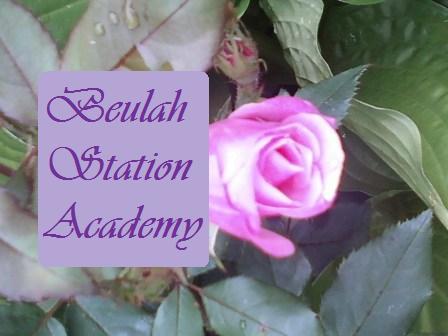
Using Webster's 1828 Dictionary in 2 Volumes.
Psalm 100
A Psalm of praise.
Psalm 100:1
Make a joyful noise unto the Lord, all ye lands.
PSALM, noun.
[Latin psalmus; Greek ψαλμός, from ψαλλω, to touch or beat, to sing; French psaume; Italian Spanish salmo.]
A sacred song or hymn; a song composed on a divine subject and in praise of God. The most remarkable psalms are those composed by David and other Jewish saints, a collection of one hundred and fifty of which constitutes a canonical book of the Old Testament, called Psalms, or the book of Psalms. The word is also applied to sacred songs composed by modern poets, being versifications of the scriptural psalms, or of these with other parts of Scripture, composed for the use of churches; as the Psalms of Tate and Brady, of Watts, &c.
PRAISE, noun. s as z.
[Dutch prys, praise and price; German preis, praise, price, prize, value; Danish priis. Swedish pris, id.; Welsh pris, price, value; French prix, Italian prezzo: Spanish precio, price, value; preza, a prize; Welsh prid; Latin pretium; Spanish prez, glory, praise; Scottish prys, praise and prize. See the Verb.]
2. The expression of gratitude for personal favors conferred; a glorifying or extolling.
He hath put a new song into my mouth, even praise unto our God. Psalm 40:3
JOY'FUL, adjective.
Full of joy; very glad; exulting.
My soul shall be joyful in my God. Isaiah 61:10
NOISE, noun. noiz.
[French noise, strife, squabble, dispute; Armoric nocs. Latin noxa, noxia.]
1. Sound of any kind, or proceeding from any cause, as the sound made by the organs of speech, by the wings of an insect, the rushing of the wind, or the roaring of the sea, of cannon or thunder, a low sound, a high sound, &c.; a word of general signification.
LAND, noun.
[Gothic Saxon German Dutch Danish Swedish land. I suppose this to be the Welsh llan, a clear place or area, and the same as lawn; Cantabrian landa, a plain or field, Italian Spanish landa. The final d is probably adventitious. The primary sense is a lay or spread.]
6. The inhabitants of a country or region; a nation or people.
These answers in the silent night received,
The king himself divulged, the land believed. Dryden.
Paraphrase:
Psalm 100
A song composed on a divine subject and in glorifying or extolling of God .
Psalm 100:1
Make a very glad sound of any kind unto the Lord, all ye nations or people.
















